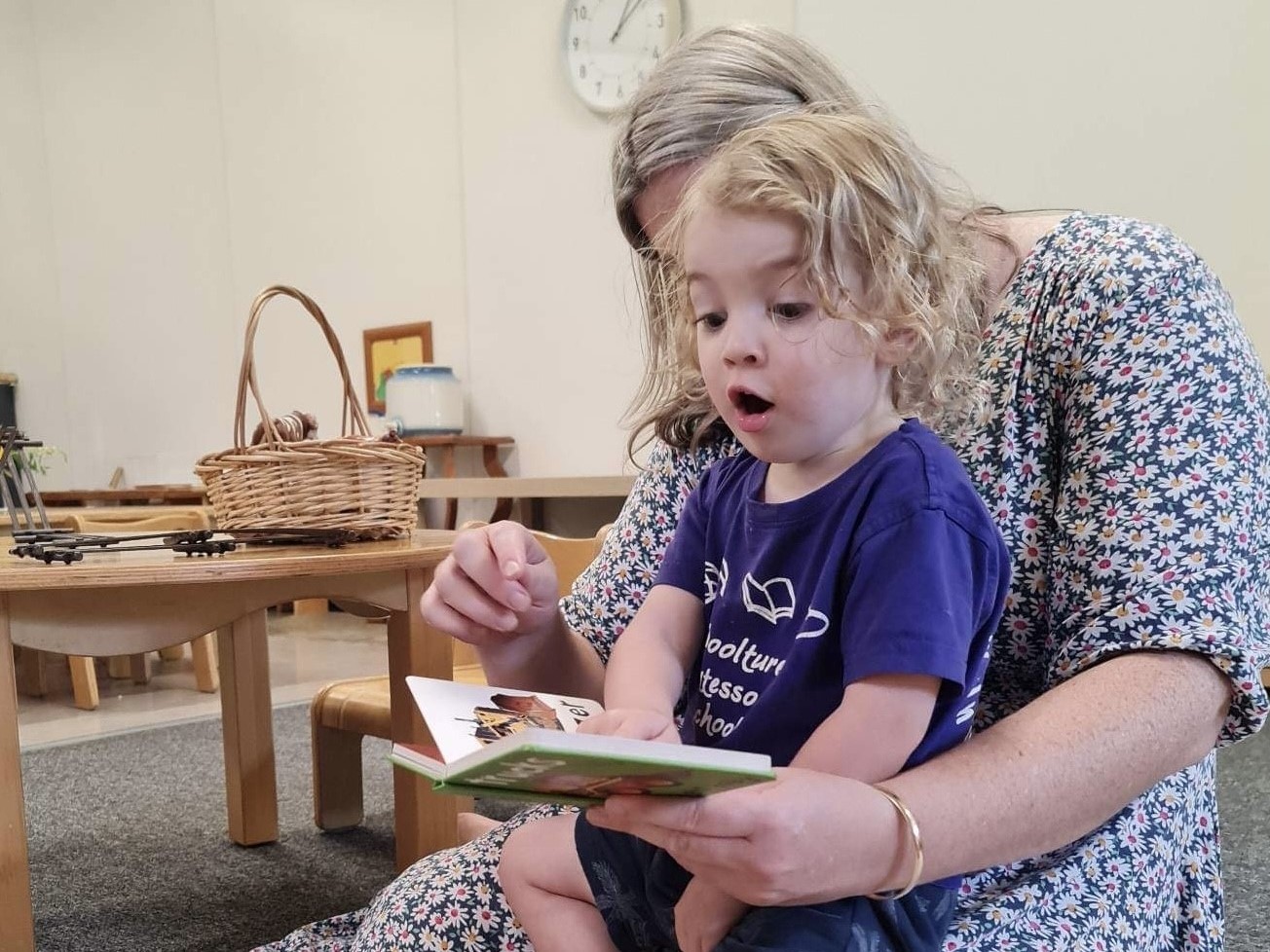
Stories, poems and language
As parents of a Toddler or young child, we often hear that reading and telling stories to our children is good for them and we are encouraged to do so every day. However, apart from hearing this is a recommended practice to do with our children, we don’t often receive much explanation detailing why this is so. Have you ever wondered about this? You can probably see, as you read your bedtime story that your child certainly enjoys this experience. But what is actually happening in the brain of a child as they listen again and again to a poem or story which is being read aloud to them? And why do they ask us for the very same bedtime story they have heard a hundred times previously?!
You’re in luck! This blog explains some of the reasons behind your child’s perpetual requests for a story and will hopefully motivate you to keep up the good work. Telling those stories and reciting their favourite poems and rhymes repeatedly is not just good for your child’s development, it’s good for you too!
Language helps expression
Young children – particularly toddlers – love listening to sounds and any forms of language. They are at a time of their development in which language is not just a tool for communicating information, it is a way to express thoughts and emotions. Toddlers are growing their ability to put order to experiences and to visualize what they understand. Words become significant for these young learners when they want to explain or communicate something during a time when vocabulary is still limited. Therefore, engaging a child with a story, a song or a poem will add new ways of self-expression, helping them to communicate their needs and produce positive results. This is why language acquisition is a critical element in a young child’s development. Using a repeating theme in a poem or a story holds the child’s attention and promotes repetition of this same theme by the child. They may even become a little mesmerized and this is an easy way to make the rhyme its own learning. Research shows that when we tell a story, the brain becomes far more active than picture-book reading.
Language helps connection
Simultaneously, when adults tell/read a story they too become involved and connect more strongly to the child. The child feels the connection and a develops a need to enjoy more similar experiences. Some of the positive outcomes in children that listen to stories, poems and songs include increased curiosity, deeper focus, enhanced literacy skills and improved social practices. Many of these qualities are acquired subconsciously and then demonstrated later. By taking the opportunity to teach your child about your culture through stories or by memorising a short poem, and in encouraging them to tell you stories and sing a song, you easily transfer to them the richness of language, increased vocabulary and lots of new facts. Repeating this is enabling them to master a new skill.
Montessori talks about providing children with ‘the keys to the universe‘. Telling stories, reciting poems and using language as much as possible is the perfect way to open your child’s mind and to provide tools that start the journey of learning through rich language.
At Caboolture Montessori Tadpole Toddler group, our parents learn side by side with their child and are able to understand how their child learns. Call us to find out more about this beautiful story….
